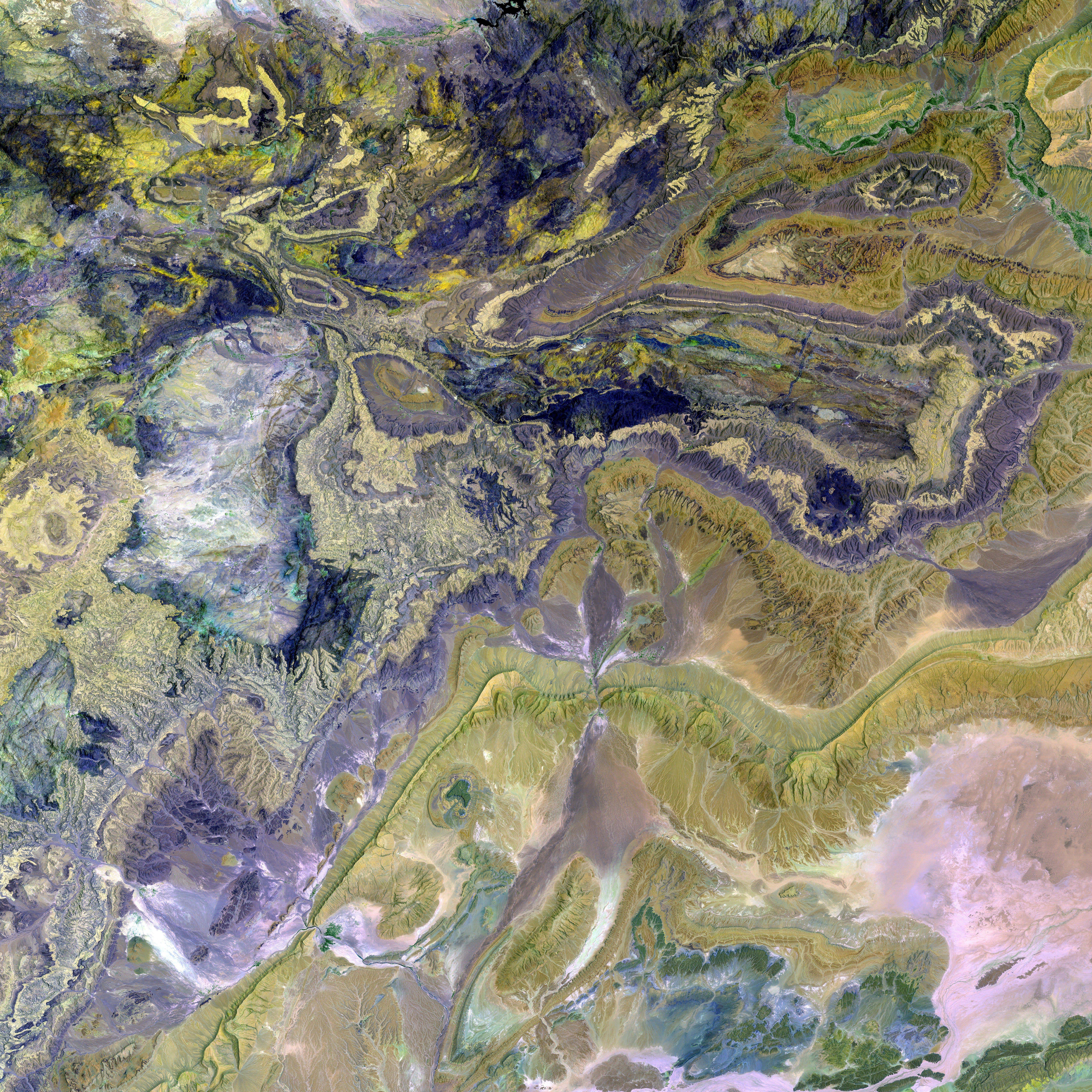Unleashing the Maldives' Blockchain Dream
Dubai-based Family Office Signs Off on $8.8 Billion Maldives Digital Asset Hub Venture
Get ready to witness the Maldives' remarkable transformation into a global blockchain behemoth, financed by none other than MBS Global Investments—a Dubai family office backing the Qatari royalSheikh Nayef bin Eid Al Thani.
With a whopping $8.8 billion investment over the next five years, this blockchain project surpasses the Maldives' annual GDP and aims to catapult the island nation into the limelight as a crypto hub.
The Maldives, a country predominantly reliant on tourism and fishing, looks to shake off its traditional shackles and embrace digital finance to ease economic pressures amidst mounting debt obligations.
Saddled with a debt bill of $600-$700 million this year and another $1 billion due in 2026, the Maldivian government is eager to diversify its economy and reduce its reliance on tourism.
Rise of the Maldives International Financial Centre
The epicenter of this transformation is slated to be the Maldives International Financial Centre, spanning 830,000 square meters in the heart of the capital city, Male. Capable of accommodating 6,500 residents, this hub promises to generate up to 16,000 jobs, significantly impacting the local economy.
MBS Global Investments will fund the project through their network of family offices and high-net-worth individuals, securing $4 to $5 billion of the total funding thus far. Their portfolio is impressively diverse, stretching across fintech, real estate, construction, and investment firms, with forays into digital asset management and special economic zones.
Diversifying their mandate, as Nadeem Hussain, MBS Investments CEO noted, these traditional family offices are eager to gain exposure to blockchain offerings.
A Financial Freezone for Blockchain and Digital Assets
Built to attract investors, the Maldives' hub will operate as a "financial freezone for blockchain and digital assets." This includes offering 100% ownership for foreign firms and special tax regulations. A streamlined registration and licensing process combined with banking services is expected to entice cryptocurrency firms, especially those facing tax uncertainty in other regions.
Eager to triple its GDP within four years, the Maldives faces stiff competition from established Web3 ecosystems such as Singapore and Hong Kong. However, the hub's potential toposition the Maldives as a regional fintech and crypto hubmay offset this challenge.
As the Maldives embraces the digital age, expect the nation to mimic Dubai's own metamorphosis from a tourism-heavy economy to a digital assets powerhouse. Recently, even Trump Towers Dubai started accepting cryptocurrency payments for property sales, underscoring the region's growing affinity for the new financial frontier.
Stay tuned as other Gulf investors, like Ripple, expand their presence in the digital asset space, marking a promising future for the blockchain economy in the Maldives and the region at large. It's a bold step towards achieving economic diversification and offsetting national debt, setting an inspiring example for other small economies eyeing blockchain technology for economic growth.
- The Maldives International Financial Centre, funded by MBS Global Investments, is expected to generate up to 16,000 jobs and attract cryptocurrency firms, positioning the Maldives as a potential regional hub for blockchain and digital assets.
- To reduce its reliance on tourism and ease economic pressures, the Maldivian government plans to diversify its economy through the Maldives International Financial Centre, which will offer special tax regulations and 100% ownership for foreign firms in the blockchain and digital assets sector.
- MBS Global Investments, with its diverse portfolio in fintech, real estate, construction, and investment firms, including digital asset management and special economic zones, aims to secure a significant portion of the funding for the Maldives International Financial Centre and venture into the growing blockchain economy.




